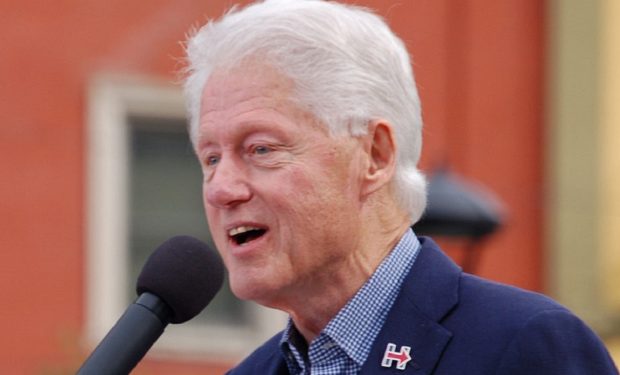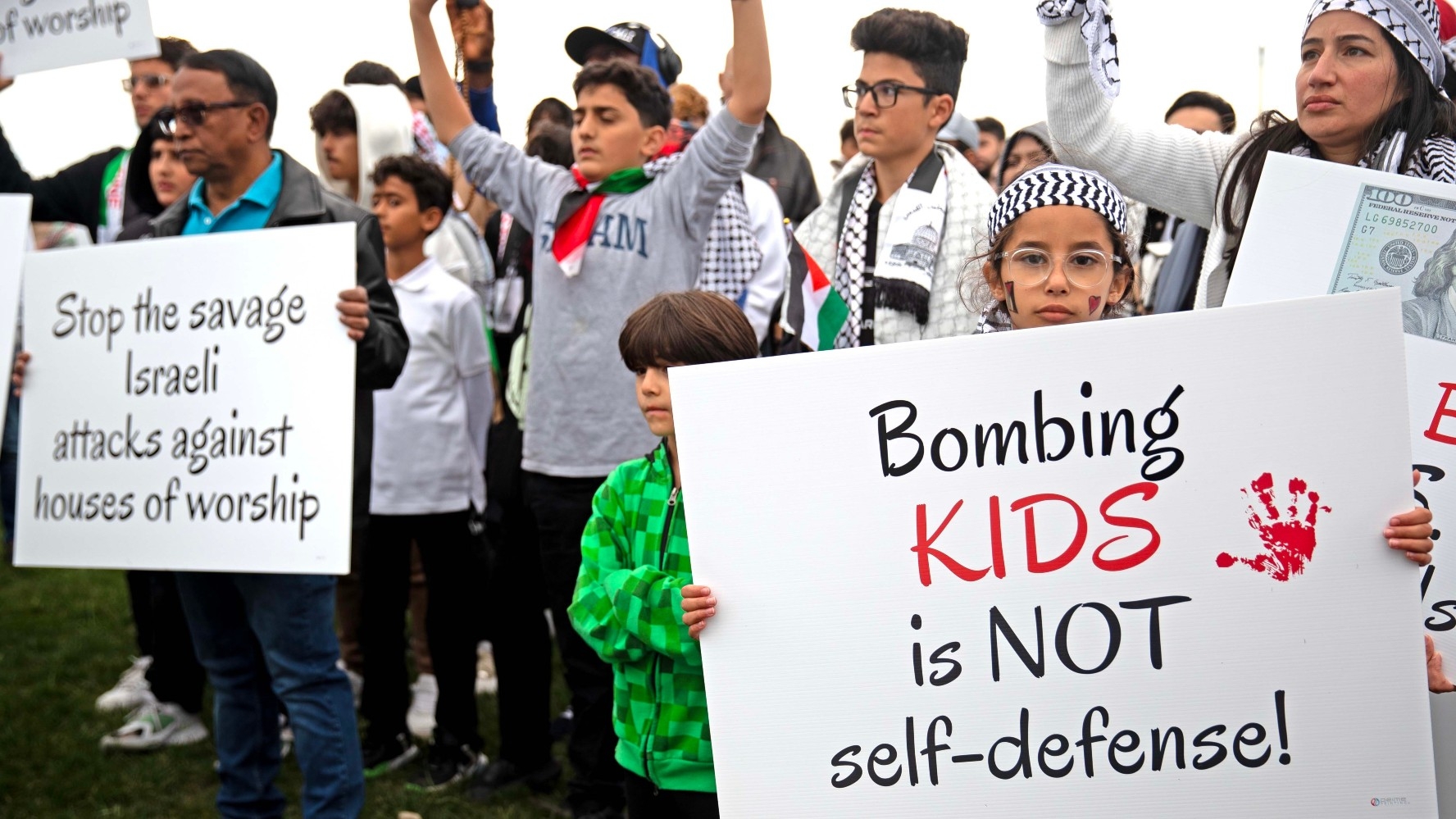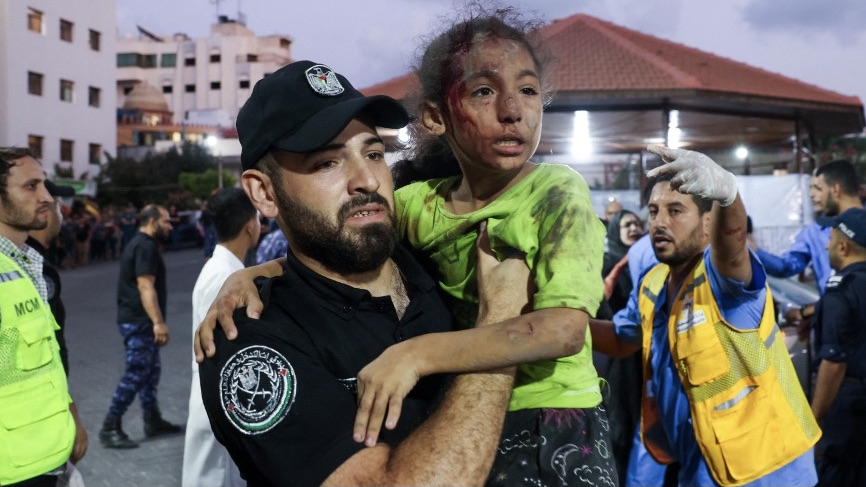'I have seen the catastrophe with my own eyes,' the commander of the Shaldag Unit said
An Israeli special operations unit suffered heavy casualties and took five hours to defeat the horde of Hamas terrorists who slaughtered more than 100 residents at the kibbutz where slain children were found with knives still stuck in them, according to reports.
The commander of the Israeli Air Force's elite Shaldag Unit told reporters that a dozen members arrived by helicopter at Kibbutz Be'eri around 8:30 a.m. Saturday and were met with heavy gunfire.
Several of the commandos were immediately killed or wounded and the unit quickly realized the compound was full of Hamas gunmen, the commander, identified only as Lt. Col. "B," said, according to the Jerusalem Post.

A total of five Shaldag members were reportedly killed and 15 were wounded — including the commander's top deputy — battling Hamas fighters at Be'eri and other sites near the Gaza Strip.
“I have seen the catastrophe with my own eyes,” the commander said, according to the Jerusalem Post.
“But soldiers here are fighting — my forces and the entire IDF."
The special operations commandos were killed following what's been widely characterized as a massive intelligence failure that let Hamas launch thousands of rockets and send hundreds of gunmen into Israel.
It wasn't just Shaldag — named after the Hebrew word for the kingfisher, a bird that feeds on fish by plunging headfirst into water and spearing the prey with its bill — that suffered losses.
Other elite commando units also reported deaths in the fight to repel Hamas from southern Israel, according to casualty reports from the Israel Defense Forces.
Sayeret Matkal, which is Israel's most famous special operations force, reported 11 members killed in action. Prime Minister Benjamin Netanyahu is a former commander of the unit, and his brother was killed leading the Entebbe Raid, a hostage rescue mission in 1976.
Five members of the Rafaim "Ghost Unit" were also killed, including the unit commander.
In Be'eri, where Shaldag was fighting, a civilian survivor of the carnage said about 90 gunmen entered the compound near the Gaza Strip around 7 a.m. Saturday.
Shaldag operators arrived about two hours later.

But Dani Fux, who's in his 70s, said that "within a short time, the force was eroded," according to the Times of Israel.
“From then on, we only heard Arabic. The terrorists went from door to door, abducted people or killed them," Fux said.
"Sometimes they only killed. Sometimes they took the kids and killed the parents, sometimes the other way around."
Those kidnapped reportedly include the parents and eight other relatives of Yotam Kipnis, who grew up at the kibbutz.

"It's like a limbo, I don't know where they are, if they are alive or dead and if they are alive, they're probably held hostage in Gaza," Kipnis told New York City's ABC 7 Eyewitness News.
A father whose 8-year-old daughter was killed while staying at a friend's house in Be'eri even called it a better fate than being held by Hamas.
“They simply said, ‘We found Emily and she’s dead,” Tom Hand told CNN as he broke down in tears.
“And I went, ‘Yes!’ and smiled because that was the best news of the possibilities that I knew.”
The grieving dad added: “She’d be in a dark room filled with Christ knows how many people, pushed around … terrified every minute, hour day, and possibly for years to come. So death was a blessing."

It’s not clear what the Shaldag squad's movements were after confronting the Hamas gunmen at Be’eri.
But an official account posted online by the IDF said the unit commander was headed to another kibbutz at Re’im by 9:30 a.m.
"At 9:30, I'm on a helicopter on the way to the enemy with the next team," he said.
"Just before, I grab my lieutenant and tell him, 'Bring them all.' In the next hours, the entire unit arrives... from the training party to the last of the reservists."
At least 200 special operations forces were involved in the fight against Hamas by 2 a.m. on Sunday, according to the Jerusalem Post report.
"B" said that at Re'im, about three miles from Be'eri, "we rescue the wounded and continue to fight the terrorists."
At Be'eri, the fighting took five hours to conclude — with more than 20 Hamas gunmen killed, according to reports.
More than 100 hundred residents of the kibbutz, about 12% of the population, were also killed.

The IDF has said that about 1,500 bodies of Hamas fighters were found across southern Israel after the fighting around the Gaza Strip ended.
The dead men were put into white body bags with the word "terrorist" spraypainted in red on them, according to images from the scenes of combat.


















